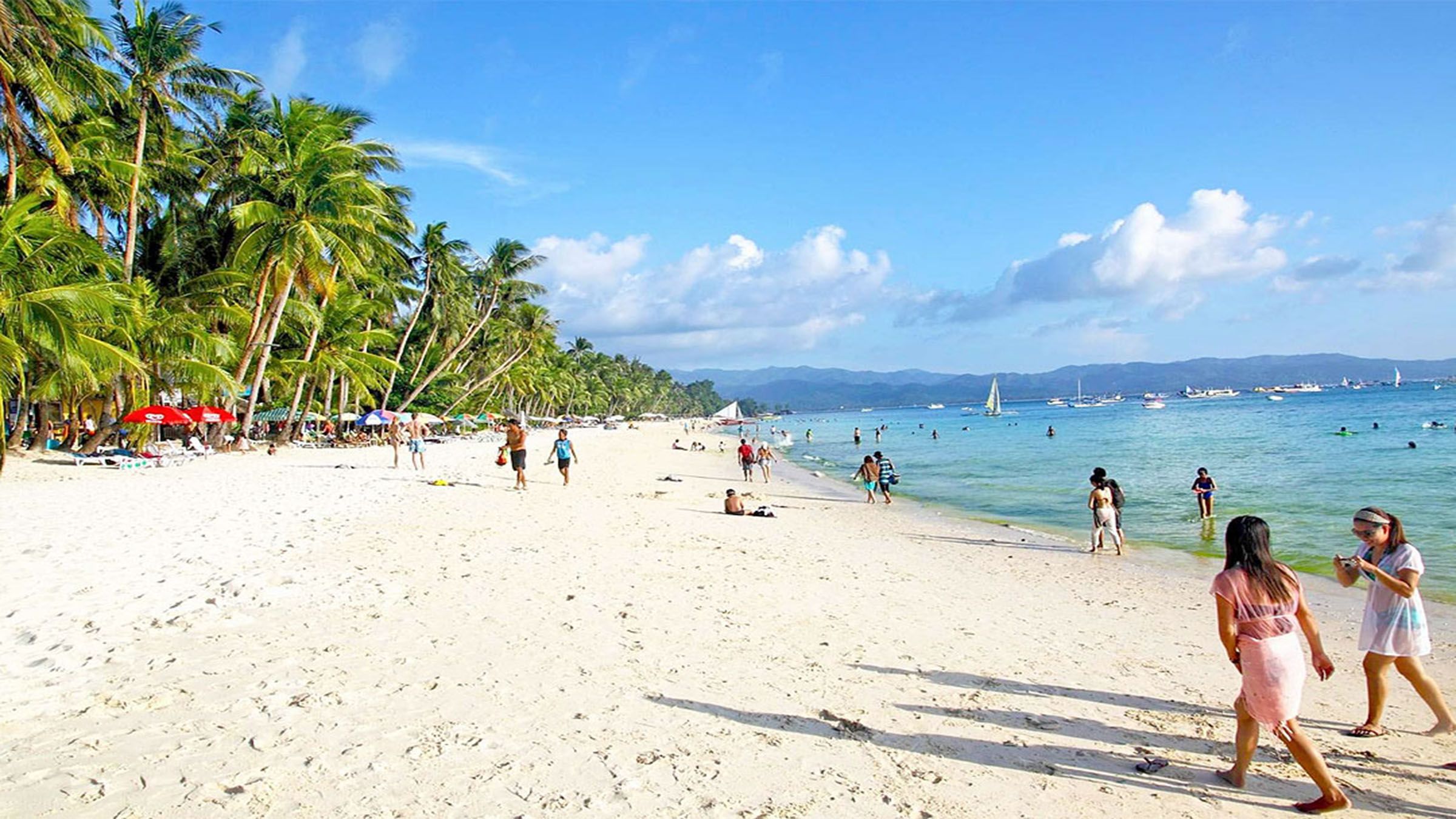Granting outbound tourists refund of 12 percent from value added tax on their purchases of goods before enplaning for their destinations is based on a presumption that they would buy something from our country and that doing so would a) create more jobs locally and b) increase demand for ‘exportable products without competing with other export markets.’
A revision to the value added tax reform exemption to be granted to tourists in the country, which we earlier called an act of desperation to boost tourism, was approved at the House Committee on Ways and Means.
Albay Rep. Joey Sarte Salceda, committee chair, said the proposed revision was already approved in principle by the President when it was brought up by the Private Sector Advisory Council.
“I expect between P10 billion and 40 billion in increased sales from local suppliers [for the first year of its implementation]. That has the same nature, consequence, and character as exports. And we don’t even have to compete with other exporters. The audience is already captured,” Salceda said.
“Save for India and Cambodia, we are the last major Asian country without an operative VAT refund system for tourists. That hurts our competitiveness for tourists with, say, Vietnam and Thailand, which now receive more tourists than we do,” Salceda said.
Salceda principally authored the measure along with Senior Vice Chairperson Mikaella Suansing, who chaired the technical working group drafting amendments to the original draft.
The proposal added a new Section to the National Internal Revenue Code, which allows outbound tourists to refund goods to be taken out of the country, with a per transaction value of at least P3,000. These goods must be purchased from accredited suppliers.
“A VAT refund, as global studies show, increases the propensity to spend. Generally, for every P1 refunded, the tourist spends an additional P1.5,” said Salceda
“That will create an additional 20,000 to 80,000 jobs, and will also improve our gross international reserves,” Salceda added.
The measure also allows the VAT refund system to be administered by a service provider, as is the practice in most jurisdictions.
Under the bill, a tourist refers to a foreign passport holder who is a non-resident individual not engaged in trade or business in the Philippines.
As good as it looks on paper, the reality is that tourists in the country consists of: a) businessmen who stay for three to five days (to attend conventions) or do ocular inspections; b) families who go to out-of-town resorts for vacations; c) those attending conventions and business meetings or trade fairs; d) young adults who vacation in beaches but bring most of what they need for their leisure.
Going by the profile of visitors, the chance that they would buy fruits or delicacies—which need to pass through quarantine inspections; clothes which are already available at cheaper prices elsewhere; shoes which are also cheaper in other countries and pasalubong stuff which would not really be in big quantity.
So what ‘exportable product’ is Salceda discussing here without spending much to compete with exporters abroad.
Salceda, citing Department of Tourism figures presented in the hearings by Undersecretary Shereen Gail Pamintuan, made more sense in considering amendments to the Tourism Act or Republic Act No. 9593, to allow the Department of Tourism to grant promotional incentives for domestic tourists, particularly in the meetings, incentives, conferences, and exhibitions sector. Domestic tourists are what keeps the industry afloat.
“I understand that it is the MICE sector that is the bulk tourism sector of the country. So, when you incentivize the MICE sector, you incentivize tourists wholesale,” Salceda added.
“I am requesting the DOT to look into a more expansive definition of incentives for the domestic tourism sector,” Salceda urged.
Earlier, Salceda said the Philippines remains one of the few major Asia-Pacific tourist destinations without a working VAT tourist refund mechanism.
“Only India and Cambodia are the other countries in the top 15 tourist destinations in Asia-Pacific with this gap in procedure. This reduces the country’s competitiveness among its peers and neighboring countries,” Salceda said.
The Philippines recorded 2.65 million (2.02 million foreign tourists and 628,445 Filipinos overseas) visitors from February to December 2022.
This figure is higher than the 2021 tourist arrivals of 163,879 but still significantly lower than the pre-pandemic level of 8.26 million.
For 2023, the DoT expects some 4.8 million visitors which could generate P2.58 trillion in revenue.
Tags: #VATrefundforoutboundtourists, #Salceda, #tourism

